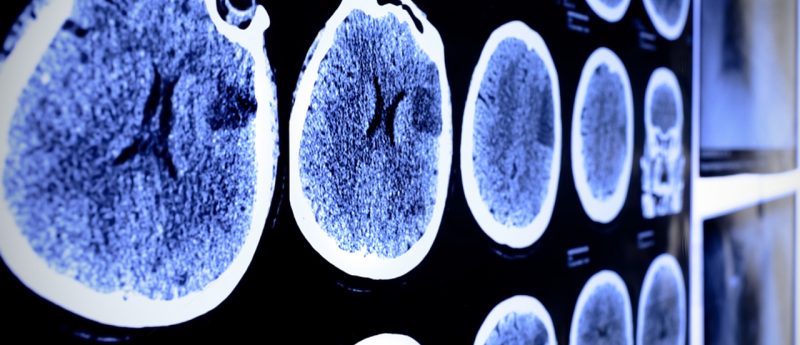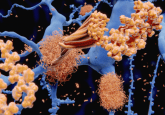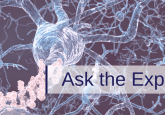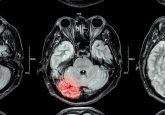Pharmacogenetic considerations in the treatment of Alzheimer’s disease

The practical pharmacogenetics of Alzheimer's disease (AD) is circumscribed to acetylcholinesterase inhibitors (AChEIs) and memantine. However, pharmacogenetic procedures should be applied to novel strategies in AD therapeutics including: novel AChEIs and neurotransmitter regulators, anti-Aβ treatments, anti-tau treatments, pleiotropic products, epigenetic drugs and combination therapies. Genes involved in the pharmacogenetic network are under the influence of the epigenetic machinery which regulates gene expression transcriptionally and post-transcriptionally, configuring the fundamentals of pharmacoepigenomics. Over 60% of AD patients present concomitant pathologies demanding additional treatments which increase the likelihood of drug–drug interactions. Lipid metabolism dysfunction is a pathogenic mechanism inherent to AD neurodegeneration. The...





